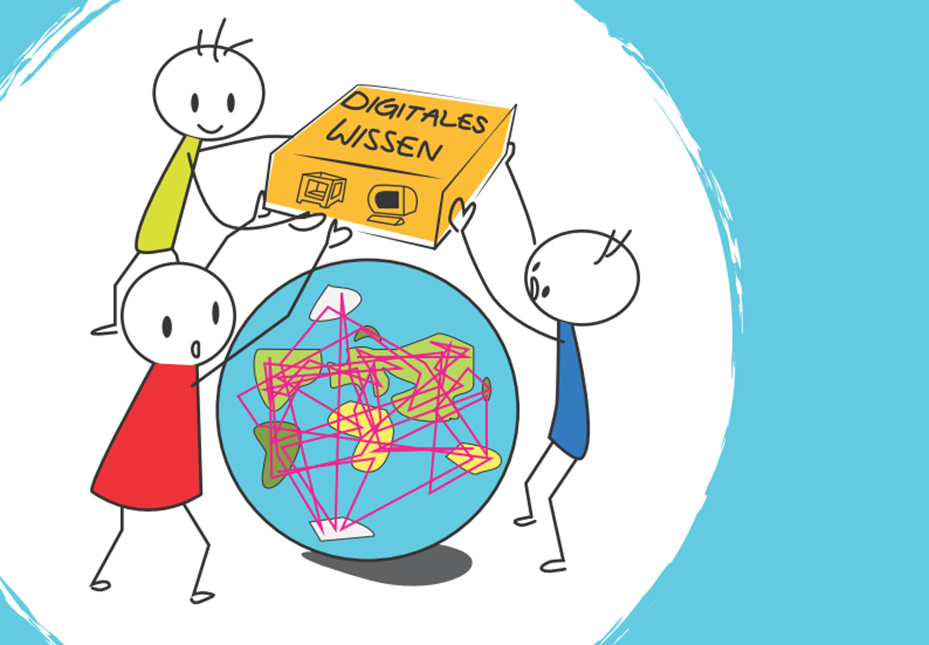Interactive workshops on digital knowledge [08.10.2014]
Google seems to find everything, Facebooks seems to know everything about us and our friends, Wikipedia seems to offer an encyclopedia of the whole world. But the future is open: How should the digitalization of our knowledge look like – and how should it not? To answer this question, Julia Hahn and Christoph Schneider, both members of ITAS, organize two interactive workshops in the framework of their project "Which knowledge do we want?" where social scientists, members of FabLab Karlsruhe, and interested citizens will get together. The participants will discuss knowledge, responsibility, and innovation, test the new technologies for knowledge sharing and formulate a "digital knowledge manifesto".
1st Workshop on 11 October 2014, from 2 p.m. to 6 p.m. at FabLab Karlsruhe (Alter Schlachthof 13a): What is digital knowledge and what is digital fabrication? The participants will approach the different dimensions of digital knowledge together. Using 3D printers, a laser cutter, and other devices of FabLab Karlsruhe, they will test the possibilities of publicly available digital fabrication. The first version of the manifesto will also be drafted.
2nd Workshop on 8 November 2014, from 2 p.m. to 6 p.m. at FabLab Karlsruhe: The participants will formulate the final version of the manifesto and become acquainted with responsible innovative ideas. Using FabLab's devices, they will also build exhibits which reflect the topics of the workshops.
Manifesto Release Party on 22 November 2014, 7 p.m. at Perfekt Futur (Karlsruhe, Alter Schlachthof 39): The participants will present their manifesto and further results of the workshops to the broad public at this final event. Drinks and music will accompany the exchange.
Registration for the workshops: julia.hahn∂kit.edu
Julia Hahn and Christoph Schneider won one of the 15 awards in the German nationwide university competition "Mehr als Bits und Bytes – Nachwuchswissenschaftler kommunizieren ihre Arbeit" (More than bits and bytes – junior scientists communicate their work) with their project "Which knowledge do we want?". The 10,000 Euros prize money allows the young scientists to realize their ideas.
Further information:
- „Workshop-Wissenschaft, digitales Wissen und Du!“ at ITAS
- Projects of the FabLab Karlsruhe
- Hochschulwettbewerb 2014


